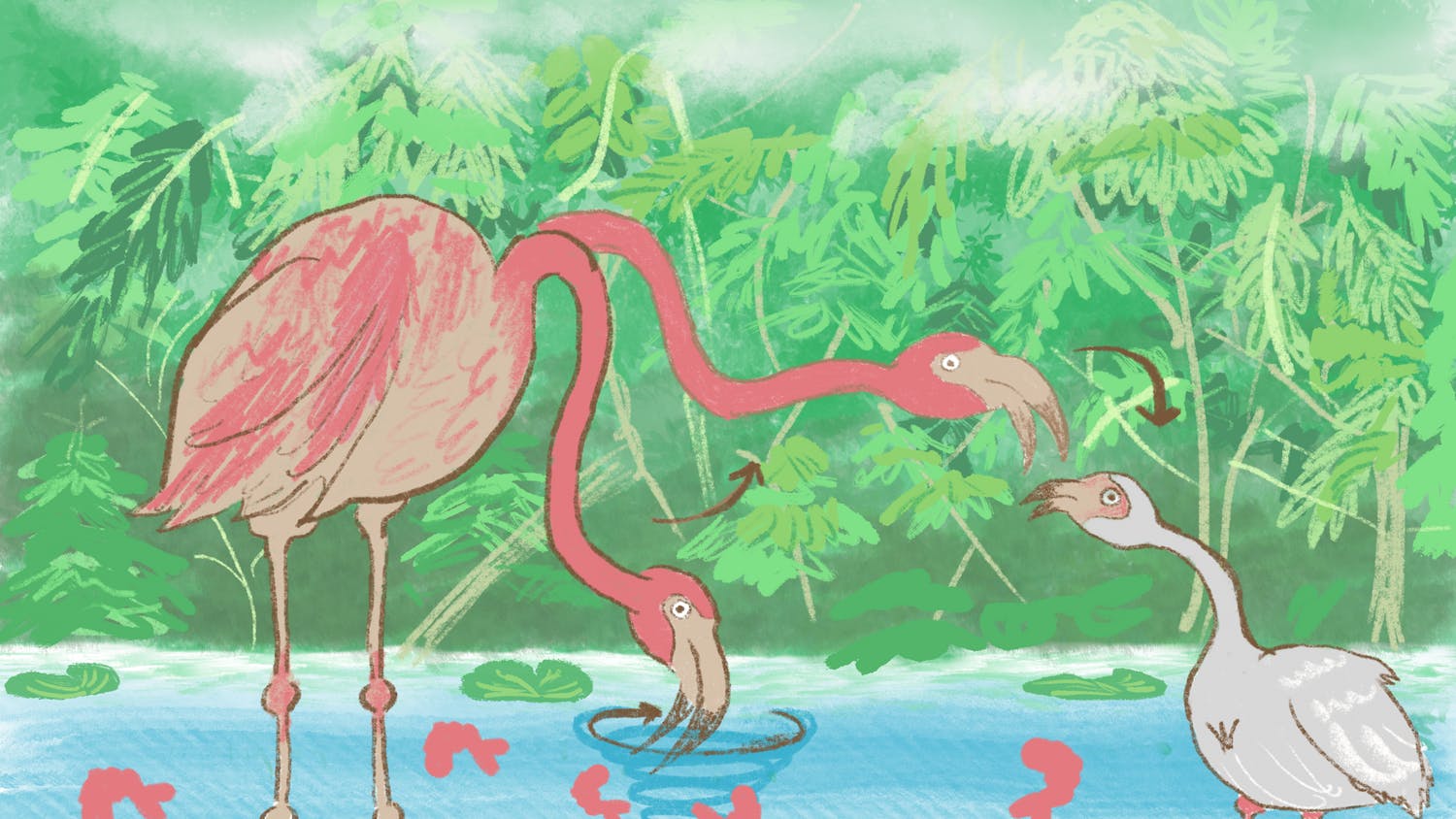She used to be a tenured professor of physiology at IU-Purdue University Indianapolis. Now she spends her time with legal paperwork.
In 2012, Subah Packer filed a gender discrimination lawsuit against the IU School of Medicine.
Packer’s claims against IU include a lower salary, less time and space for research and more teaching duties compared to her male colleagues.
Despite her numerous awards and prestigious nominations she accumulated over the previous five years, Packer’s salary of $74,600, 13 standard deviations below the mean for male associate professors in the physiology department, was even lower than the salaries of recently hired professors, all of whom were male, according to information provided by Packer.
As with Packer’s case, the scientific community at IUPUI and elsewhere needs to speak out against discrimination.
In the culture of scientific research, it’s disheartening that future female physicians and scientists won’t be as successful as they could be simply by virtue of their gender.
As a hopeful scientist, I’m disillusioned by how a discipline so devoted to unbiased objectivity and inquiry should be so plagued with discrimination.
A 2009 study by the IUPUI Indianapolis Office for Women and its advisory council found there was an unexplained, statistically significant gap between the salaries of male and female faculty members.
After Packer’s situation failed to improve, in 2013 she was told to accept a settlement offer and gag order or face termination.
Packer refused to accept.
Years after Packer’s termination, she still dedicates her life to the struggle.
There are only two women remaining on the physiology faculty. The department has not hired a woman since 1994.
No woman in the physiology department has made it to emeritus position.
Packer, who lives in Zionsville, Indiana, now runs a consulting business, Faculty Advisors, LLC, for faculty and university students who have experienced discrimination.
The business assists clients in getting clarification of policies and standards applicable to their faculty positions or student status at universities and in their efforts to get satisfactory resolution of their internal grievances, especially in cases of discrimination.
Their work also includes research, document analysis, summaries of findings, composition of communications and meeting preparation.
The program helps people dealing with all types of discrimination, including gender, disability and race, by submitting grievances to a client’s institution.
Packer said her business has been busy with a couple of cases since September with varying levels of success.
In 2006, IUPUI initiated the Support for the Recruitment of Underrepresented Faculty, SRUF. The program is now called the Support for Talent Attraction, Retention and Transition, START.
The program seeks to encourage and assist disciplines at IUPUI in the hiring and retention of underrepresented tenure-track faculty.
However, the program has not been very successful, with an attrition rate of more than 60 percent of the hires through the program.
The University should stop covering up their cases of discrimination and reacting with retaliation against those who speak out against it.
Like everything else in science, we can’t let these issues go unchecked.
Until the field can step away from the microscope and wipe the lab goggles that cover its bleary eyes, we’ll continue in the wrong direction.
sather@indiana.edu
@SHussainAther





